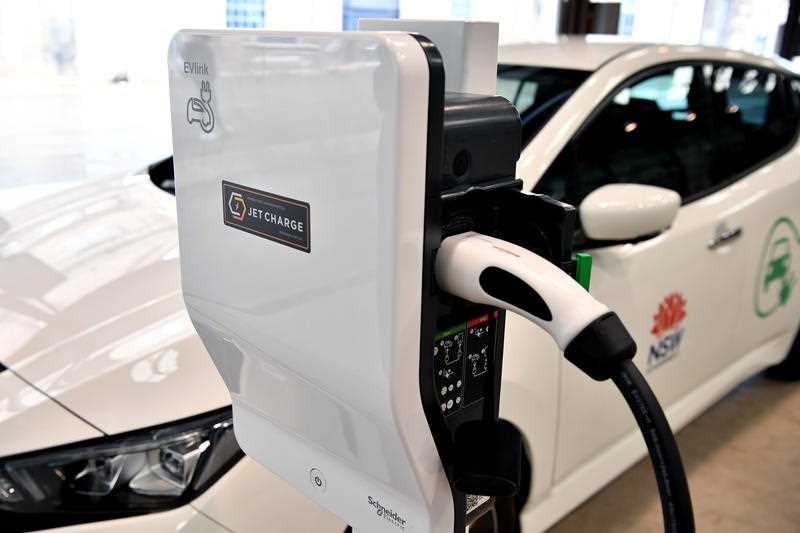Special taxes on electric vehicles are likely to put the brakes on sales.
With Victoria introducing a road user charge for electric vehicles from July and South Australia slated to introduce a similar impost next year, a poll has found many potential buyers could be put off.
The Australia Institute quizzed about 600 people in SA and found that for almost 70 per cent a user tax would make them less likely to purchase an electric vehicle.
The survey also revealed more than 40 per cent had considered going electric with their next vehicle purchase and more than 70 per cent believe them good for the planet.
Australia Institute SA Director Noah Shultz-Byard says it’s clear new user charges will “pull the handbrake” on consumer enthusiasm for electric cars.
“Our research shows that the vast majority want more EVs on the road, not less, because they are considered to be good for the climate, health and the environment,” he said.
Victoria’s new tax imposes a 2.5 cent charge for each kilometre travelled, putting the annual cost at $500 for a vehicle travelling 20,000 kilometres.
It narrowly passed the Victorian parliament despite an alliance of 25 car manufacturers and environmental groups writing to MPs urging them to vote against the plan.
The letter, signed by Hyundai, Volkswagen, Uber and the Electric Vehicles Council among others, described the tax as the “worst electric vehicle policy in the world”.
SA had also planned to introduce a road user charge this year but has put it off until July, partly to gauge the impact of the Victorian legislation.
When it was first proposed, Treasurer Rob Lucas said SA’s charge would be based on a similar distance-travelled scheme, with motorists providing odometer readings to ensure all road users contributed fairly to the state’s road maintenance investment.
“The reality is, if you’re driving an electric vehicle then you’re not paying fuel excise at the pump and you’re contributing significantly less to the vital upkeep of our vast road network,” the treasurer said.
But those opposed to the measure say the tax will only slow progress towards more environmentally-friendly motoring and are calling for incentives to help reduce upfront EV costslike subsidies or stamp duty waivers.
In the Australia Institute Survey, 72 per cent of respondents supported the introduction of incentives while the Australian Electric Vehicle Association said most industrialised countries were prioritising them to boost sales and create jobs
The association said the Victorian measure was the only stand-alone electric vehicle tax in the world.
“No other jurisdiction has introduced such a targeted levy on the cleanest vehicles on the road without significant incentives to balance it out,” it said in an open letter to the Victorian government.
Regardless of the debate over taxes, electric cars sales continue to represent a tiny slice of the new vehicle market.
In July, 84,161 new cars and trucks were retailed across the country with 515 of them electric and 325 plug-in hybrids.
Standard hybrids, which use a petrol engine to recharge the vehicle’s batteries, were more popular, with more than 5000 sold last month.
AAP



